
Aktuelno
Članak
Bleak See on the Black Sea
Following the latest events in and around the Black Sea, two old questions are reappearing. Both are inviting us for a repeated elaboration:

By Anis H. Bajrektarevic / Moderndiplomacy.eu
Following the latest events in and around the Black Sea, two old questions are reappearing. Both are inviting us for a repeated elaboration:
If a Monroe doctrine (about the hemispheric security exclusivity) is recognised at one corner of the globe, do we have a moral right or legal ground to negate it at the other corner? This irrespectively from the fact that Gorbachev-Yeltsin Russia unilaterally renounced the similar doctrine – the Brezhnev doctrine about irreversibility of communist gains.
Clearly, the ‘might-makes-right’ as a conduct in international relations cannot be selectively accepted. Either it is acknowledged to all who can effectively self-prescribe and maintain such a monopoly of coercion, or it is absolutely (revoked and) condemned as contrary to behaviour among the civilised nations.
Next to the first question is a right of pre-emption.
It is apparent that within the Black Sea theatre, Russia acts in an unwilling, pre-emptive and rather defensive mode. That is not a regime change action on the other continent following the rational of extra security demand by exclusive few. Fairly, it is an equalising reactive attempt within the near abroad. For the last 25 years, all the NATO military interventions were outside its membership zone; none of the few Russian interventions over the same period was outside the parameter of former USSR.
Before closing, let us take a closer look on the problem from a larger historical perspective.
Una hysteria Importante
Historically speaking, the process of Christianization of Europe that was used as the justification tool to (either intimidate or corrupt, so to say to) pacify the invading tribes, which demolished the Roman Empire and brought to an end the Antique age, was running parallel on two tracks. The Roman Curia/Vatican conducted one of them by its hammer: the Holy Roman Empire. The second was run by the cluster of Rusophone Slavic Kaganates, who receiving (the orthodox or true/authentic, so-called Eastern version of) Christianity from Byzantium, and past its collapse, have taken over a mission of Christianization, while forming its first state of Kiev Russia (and thereafter, its first historic empire). Thus, to the eastern edge of Europe, Russophones have lived in an intact, nearly a hermetic world of universalism for centuries: one empire, one Tsar, one religion and one language.
Everything in between Central Europe and Russia is Eastern Europe, rather a historic novelty on the political map of Europe. Very formation of the Atlantic Europe’s present shape dates back to 14th–15th century, of Central Europe to the mid-late 19th century, while a contemporary Eastern Europe only started emerging between the end of WWI and the collapse of the Soviet Union – meaning, less than 100 years at best, slightly over two decades in the most cases. No wonder that the dominant political culture of the Eastern Europeans resonates residual fears and reflects deeply insecure small nations. Captive and restive, they are short in territorial depth, in demographic projection, in natural resources and in a direct access to open (warm) seas. After all, these are short in historio-cultural verticals, and in the bigger picture-driven long-term policies. Eastern Europeans are exercising the nationhood and sovereignty from quite a recently, thus, too often uncertain over the side and page of history. Therefore, they are often dismissive, hectic and suspectful, nearly neuralgic and xenophobic, with frequent overtones.
Years of Useful Idiot
The latest loss of Russophone Europe in its geopolitical and ideological confrontation with the West meant colossal changes in Eastern Europe. One may look into geopolitical surrounding of at the-time largest eastern European state, Poland, as an illustration of how dramatic was it. All three land neighbors of Poland; Eastern Germany (as the only country to join the EU without any accession procedure, but by pure act of Anschluss), Czechoslovakia and the Soviet Union have disappeared overnight. At present, Polish border countries are a two-decade-old novelty on the European political map. Further on, if we wish to compare the number of dissolutions of states worldwide over the last 50 years, the Old continent suffered as many as all other continents combined: American continent – none, Asia – one (Indonesia/ East Timor), Africa – two (Sudan/South Sudan and Ethiopia/Eritrea), and Europe – three.
Interestingly, each and every dissolution in Europe was primarily related to Slavs (Slavic peo-ples) living in multiethnic and multi-linguistic (not in the Atlantic Europe’s conscripted pure single-nation) state. Additionally, all three European fragmentations – meaning, every second dissolution in the world – were situated exclusively and only in Eastern Europe. That region has witnessed a total dissolution of Czechoslovakia (western Slavs) and Yugoslavia (southern Slavs, in 3 waves), while one state disappeared from Eastern Europe (DDR) as to strengthen and enlarge the front of Central Europe (Western Germany). Finally, countless centripetal turbulences severely affected Eastern Europe following the dissolution of the Soviet Union (eastern Slavs) on its frontiers.
Irredentism in the UK, Spain, Belgium, France and Italy, or Denmark (over Faroe Islands and Greenland) is far elder, stronger and deeper. However, all dissolutions in Eastern Europe took place irreversibly and overnight, while Atlantic Europe remained intact, with Central Europe even enlarging territorially and expanding economically.
Deindustrialized, incapacitated, demoralized, over-indebted, re-feudalized, rarified and de-Slavicized
Finally, East is sharply aged and depopulated –the worst of its kind ever– which in return will make any future prospect of a full and decisive generational interval simply impossible. Honduras-ization of Eastern Europe is full and complete. Hence, is it safe to say that if the post-WWII Soviet occupation of Eastern Europe was overt and brutal, this one is subtle but subversive and deeply corrosive?
The key (nonintentional) consequence of the Soviet occupation was that the Eastern European states –as a sort of their tacit, firm but low-tempered rebellion – preserved their sense of nationhood. However, they had essential means at disposal to do so: the right to work was highly illuminated in and protected by the national constitutions, so were other socio-economic rights such as the right to culture, language, arts and similar segments of collective nation’s memory. Today’s East, deprived and deceived, silently witnesses the progressive metastasis of its national tissue.
Ergo, euphemisms such as countries in transition or new Europe cannot hide a disconsolate fact that Eastern Europe has been treated for 25 years as defeated belligerent, as spoils of war which the West won in its war against communist Russia.
It concludes that (self-)fragmented, deindustrialized and re-feudalized, rapidly aged rarified and depopulated, (and de-Slavicized) Eastern Europe is probably the least influential region of the world – one of the very few underachievers. Obediently submissive and therefore, rigid in dynamic environment of the promising 21st century, Eastern Europeans are among last remaining passive downloaders and slow-receivers on the otherwise blossoming stage of the world’s creativity, politics and economy. Seems, Europe still despises its own victims…
Terra nullius
Admittedly, by the early 1990s, the ‘security hole’– Eastern Europe, has been approached in multifold fashion: Besides the (pre-Maastricht EC and post-Maastricht) EU and NATO, there was the Council of Europe, the CSCE (after the 1993 Budapest summit, OSCE), the EBRD and EIB. All of them were sending the political, economic, human dimension, commercial signals, assistance and expertise. These moves were making both sides very nervous; Russia becoming assertive (on its former peripheries) and Eastern Europe defiantly dismissive. Until this very day, each of them is portraying the NATO enterprise as the central security consideration: One as a must-go, and another as a no-go.
No wonder that the absolute pivot of Eastern Europe, and the second largest of all Slavic states – Ukraine, is a grand hostage of that very dilemma: Between the eastern pan-Slavic hegemony and western ‘imperialism of free market’. Additionally, the country suffers from the consolidated Klepto-corporate takeover as well as the rapid re-Nazification.
For Ukraine, Russia is a geographic, socio-historic, cultural and linguistic reality. Presently, this reality is far less reflected upon than the seducing, but rather distant Euro-Atlantic club. Ukraine for Russia; it represents more than a lame western-flank’ geopolitical pivot, or to say, the first collateral in the infamous policy of containment that the West had continuously pursued against Russia ever since the 18th century.
For Moscow, Kiev is an emotional place – an indispensable bond of historio-civilizational attachment – something that makes and sustains Russia both Christian and European. Putin clearly redlined it: Sudden annexation of Crimea (return to its pre-1954 status) was an unpleasant and humiliating surprise that brought a lot of foreign policy hangover for both the NATO and EU.
Nevertheless, for the Atlantist alarmists (incl. the Partition studies participants and those working for the Hate industry), military lobbyists and other cold-war mentality ‘deep-state’ structures on all sides, this situation offers a perfect raison d’etre.
Thus drifting chopped off and away, a failed state beyond rehabilitation, Ukraine itself is a prisoner of this domesticated security drama. Yet again, the false dilemma so tragically imploded within this blue state, of a 50:50 polarized and deterritorialized population, over the question where the country belongs – in space, time and side of history. Conclusively, Eastern Europe is further twisting, while gradually combusted between Ukrainization and Pakistanization. The rest of Europe is already shifting the costs of its own foreign policy journey by ‘fracking’ its households with a considerably (politically) higher energy bills.
The views expressed in this article are not those of Patria News.
#English
Najnovije
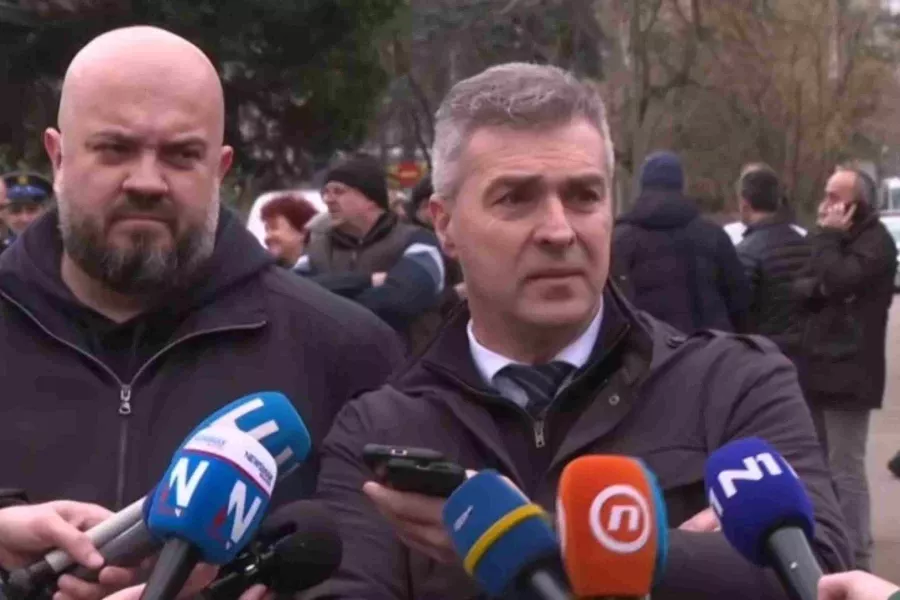
Direktor KJKP GRAS Senad Mujagić još nije saslušan!
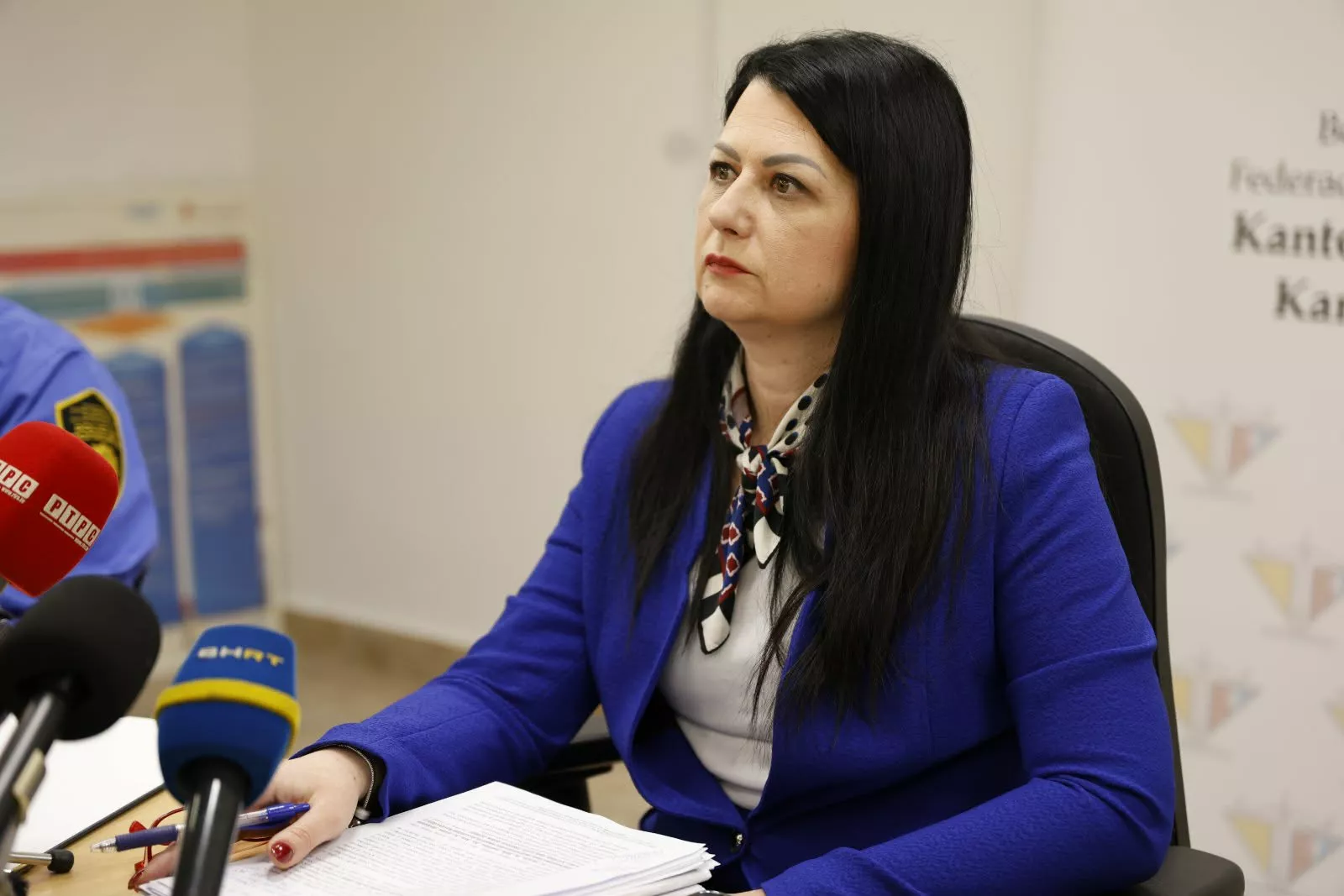
Dugalija: Istraga se vodi u više pravaca, saslušano 50 svjedoka, osumnjičeni je još uvijek samo vozač tramvaja

Hajdarević: Vozač tramvaja nije bio pod utjecajem alkohola, saslušan i svjedok iz Konjica
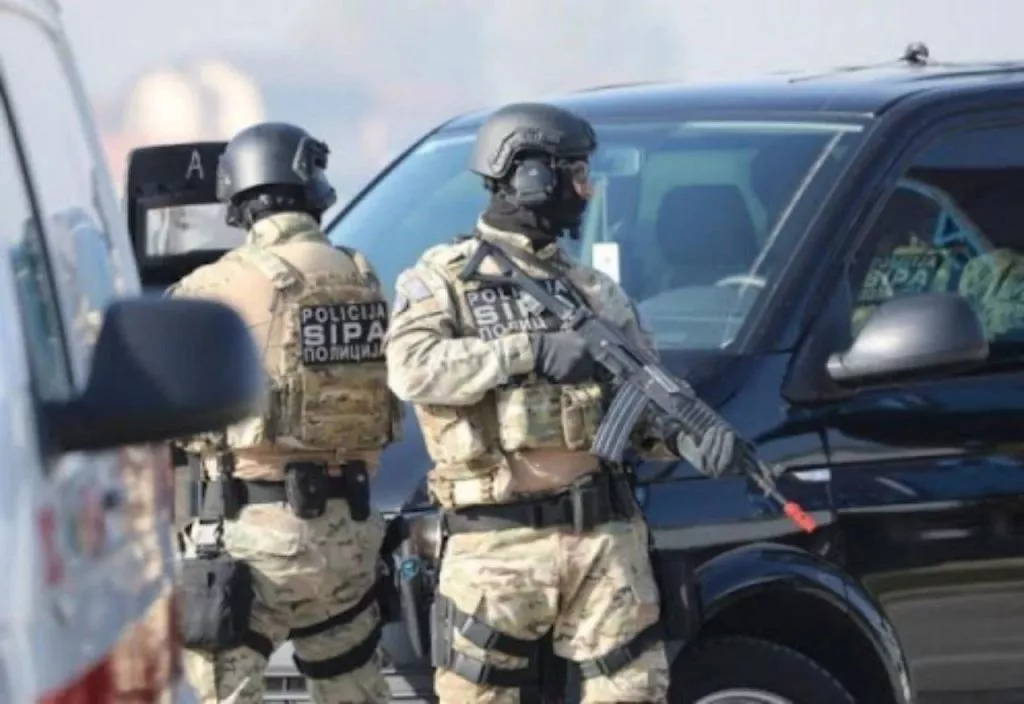
SIPA demantuje navode o 'nacionalnom disbalansu': U penziju idu 53 službenika, ne 495!
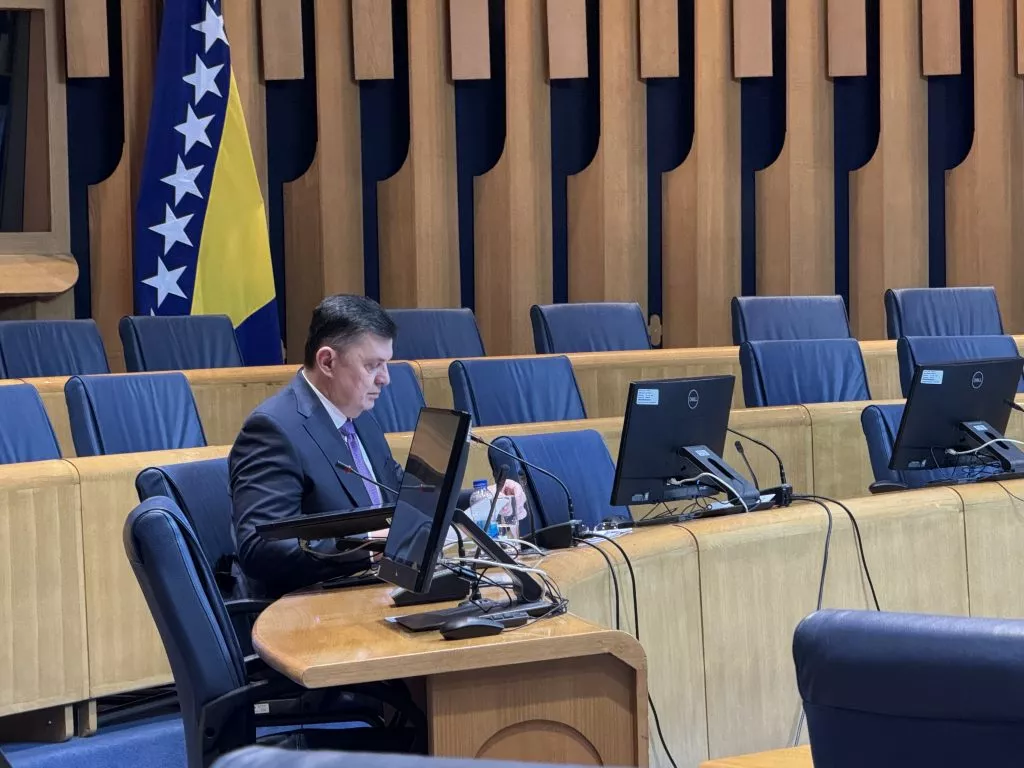
Komisija za borbu protiv korupcije o stanju u UIO: Slijedi li saslušanje direktora Zorana Tegeltije?
Najčitanije
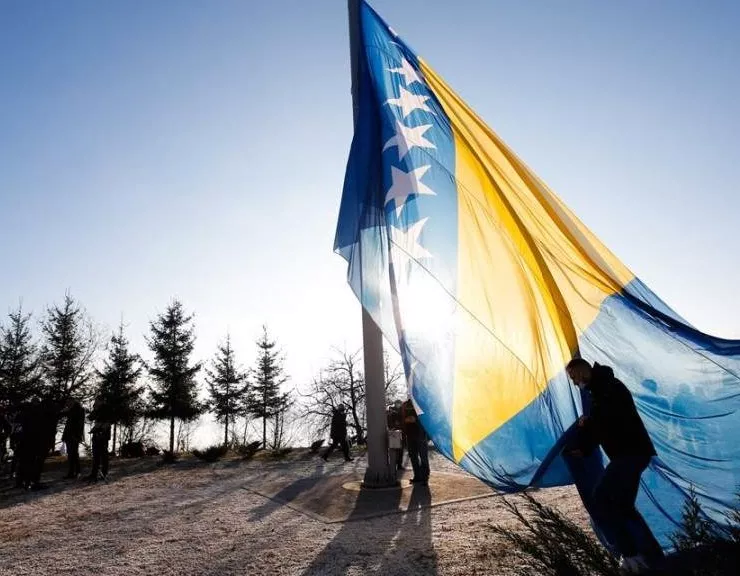
Dan nezavisnosti BiH obilježava se 1. marta i ne prenosi se, Hota-Muminović proglasila i 2. mart neradnim danom?
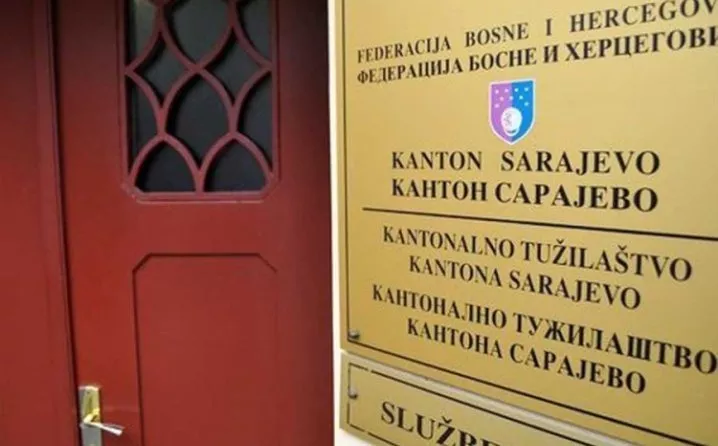
ŠTETA I UK NE ZNAJU Tužilaštvo KS neće provoditi istragu o dugu KJKP Gras zbog neplaćanja poreza i doprinosa
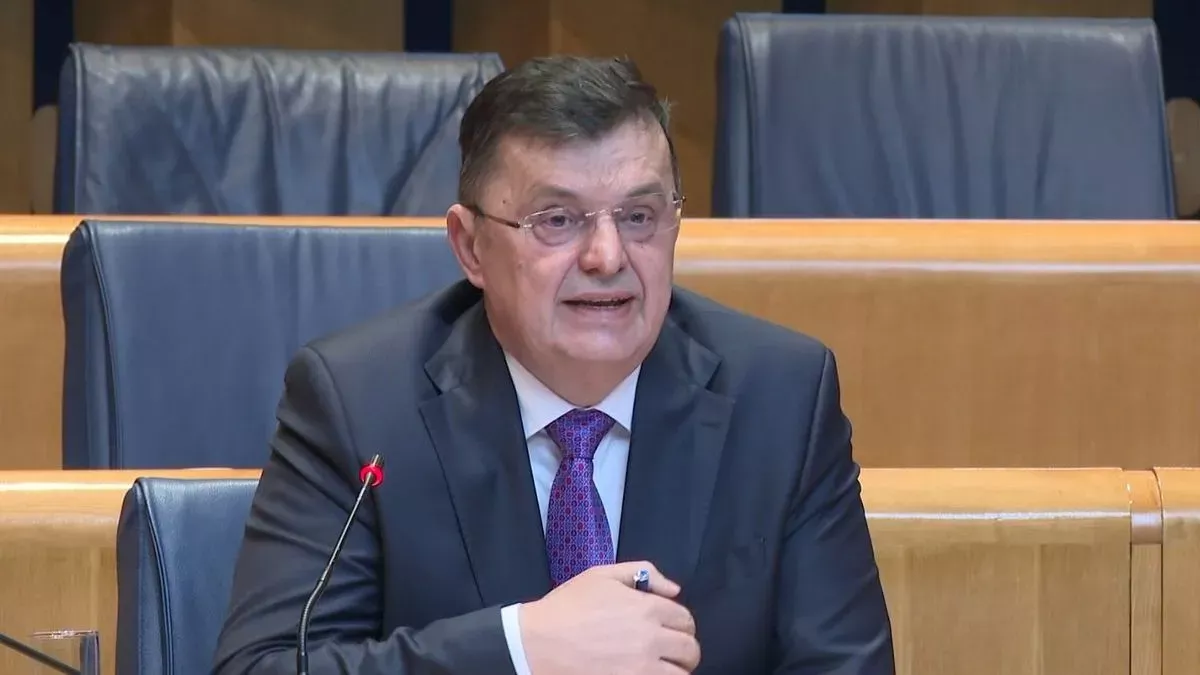
Komisiji za borbu protiv korupcije stigle prijave: Ko unaprijed gradi carinske terminale za UIO i kome se pogoduje
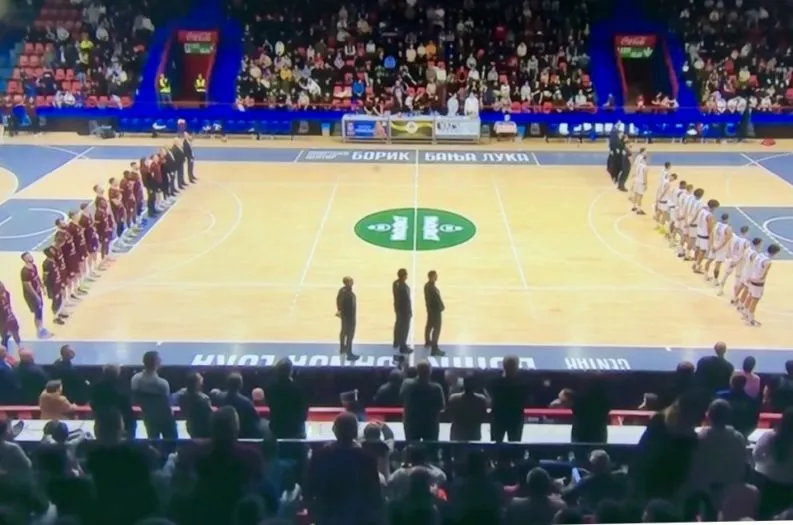
UTAKMICA BORCA I BOSNE U Banja Luci izviždana i prekinuto intoniranje himne BiH

Vlada KS: Rekonstruisana tramvajska pruga ima sve upotrebne dozvole
